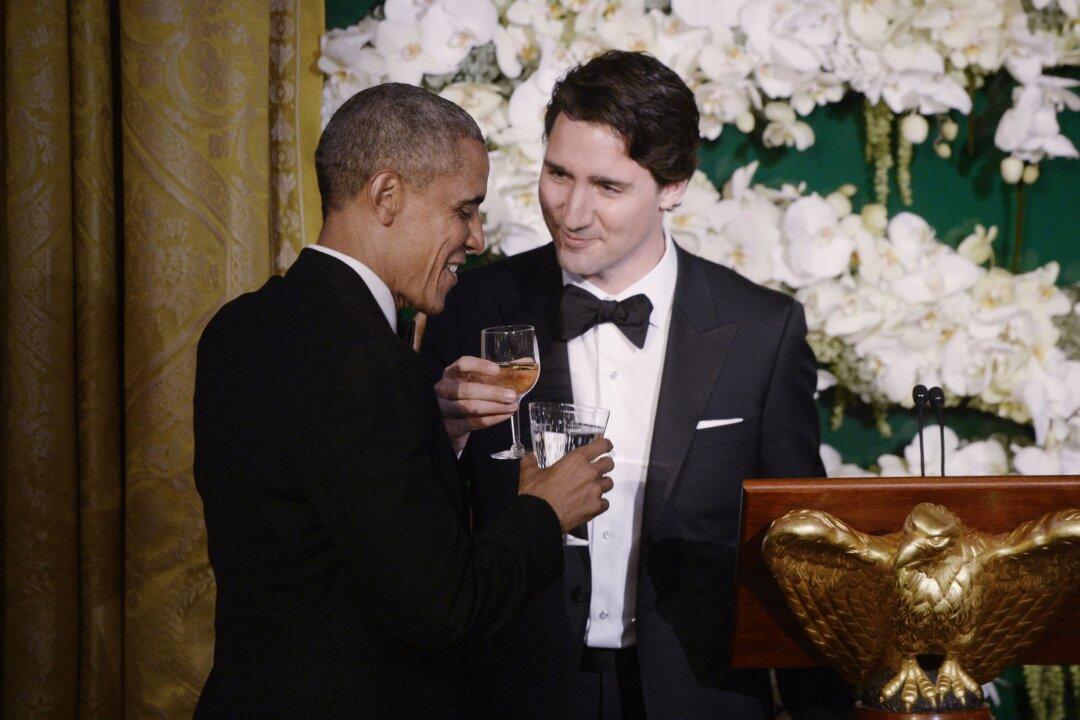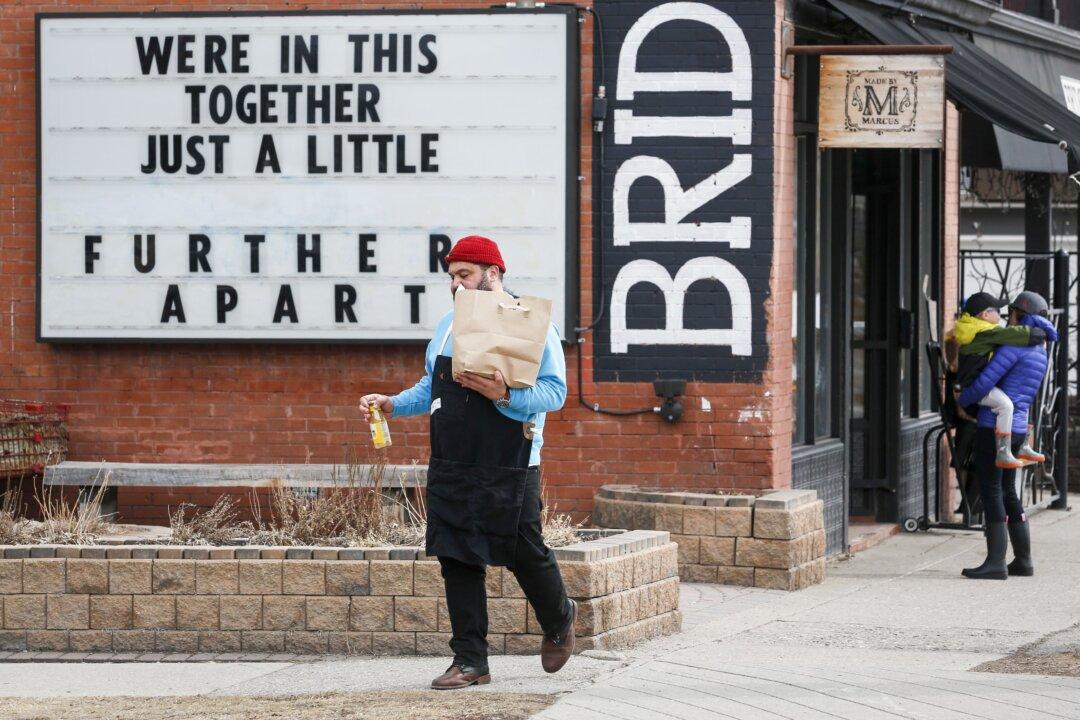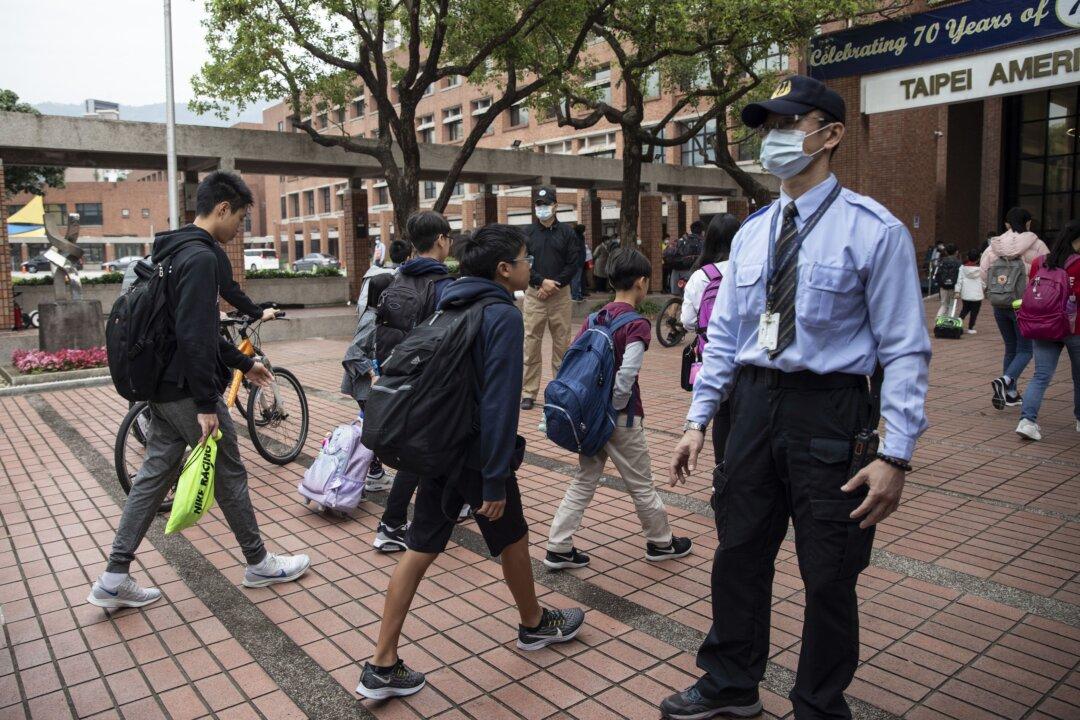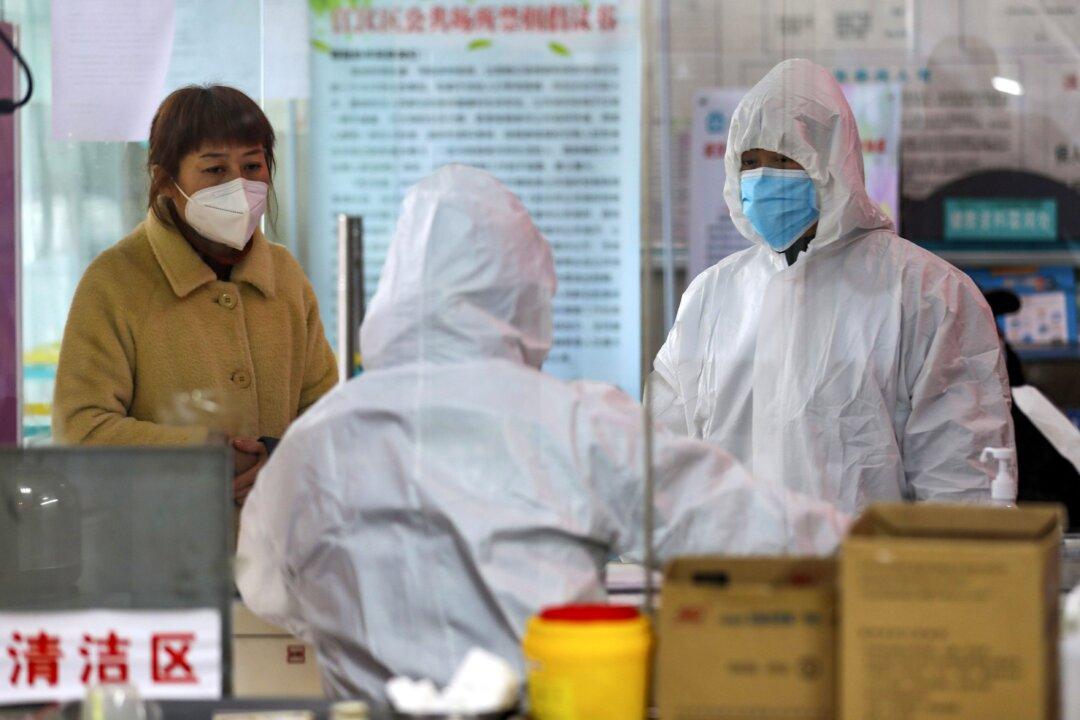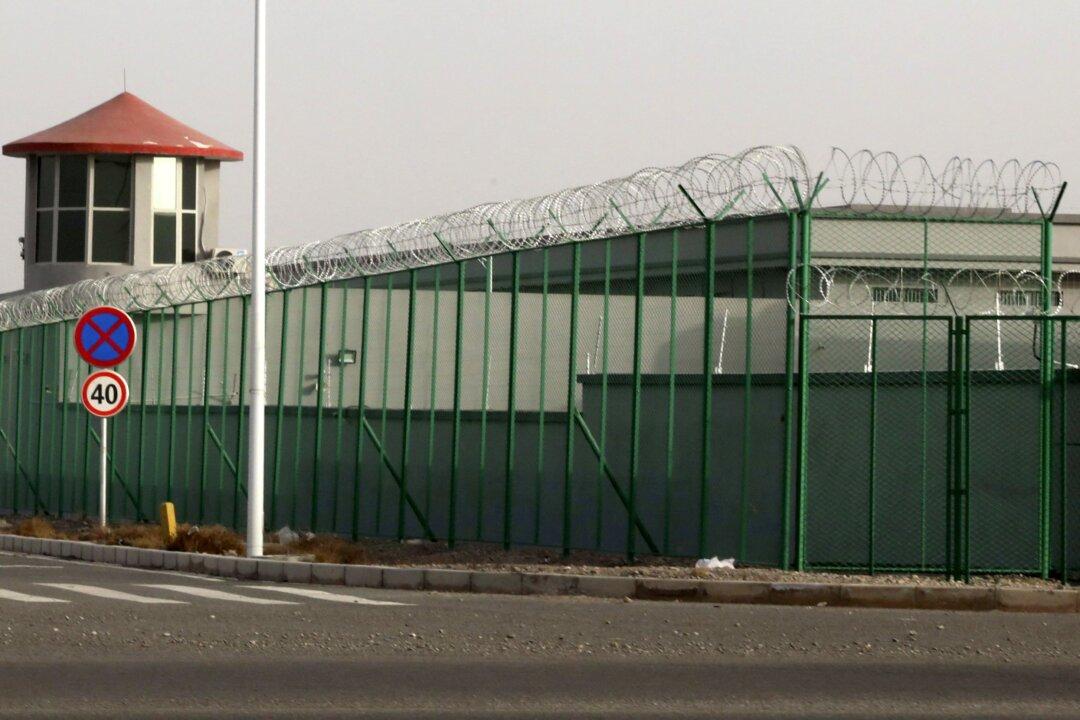Last week’s visit by Prime Minister Justin Trudeau to the White House entailed more than a state dinner, featuring an elite guest list, designer fashions, jocular two-way toasts, and an after-party organized by the Canadian American Business Council.
The two leaders announced a number of new agreements and policies.
Both committed to signing and implementing the Paris Agreement on climate change on April 22 and to creating long-term strategies for lowering greenhouse gases in accord with it. They will reduce methane emissions from the oil and gas sector by 40–45 percent by 2025, adopting an amendment to the Montréal Protocol to phase down hydrofluorocarbons, and reaching an agreement on a market-based mechanism to limit carbon emissions from international aviation.
